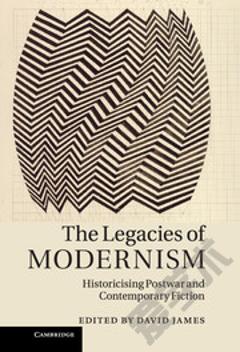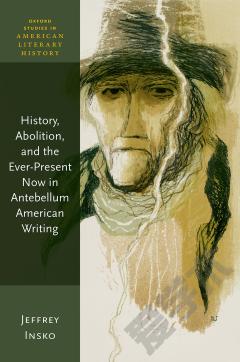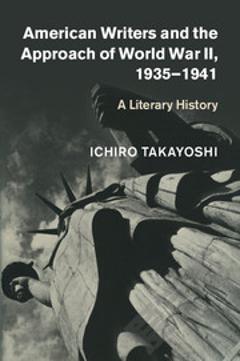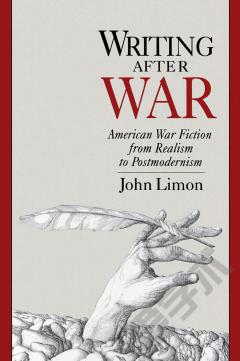Postwar American Fiction and the Rise of Modern Conservatism —— A Literary History, 1945–2008
----- 战后美国小说与现代保守主义的兴起:1945-2008年文学史
Bryan M. Santin examines over a half-century of intersection between American fiction and postwar conservatism. He traces the shifting racial politics of movement conservatism to argue that contemporary perceptions of literary form and aesthetic value are intrinsically connected to the rise of the American Right. Instead of casting postwar conservatives as cynical hustlers or ideological fanatics, Santin shows how the long-term rhetorical shift in conservative notions of literary value and prestige reveal an aesthetic antinomy between high culture and low culture. This shift, he argues, registered and mediated the deeper foundational antinomy structuring postwar conservatism itself: the stable social order of traditionalism and the creative destruction of free-market capitalism. Postwar conservatives produced, in effect, an ambivalent double register in the discourse of conservative literary taste that sought to celebrate neo-aristocratic manifestations of cultural capital while condemning newer, more progressive manifestations revolving around racial and ethnic diversity.
{{comment.content}}








 京公网安备 11010802027623号
京公网安备 11010802027623号